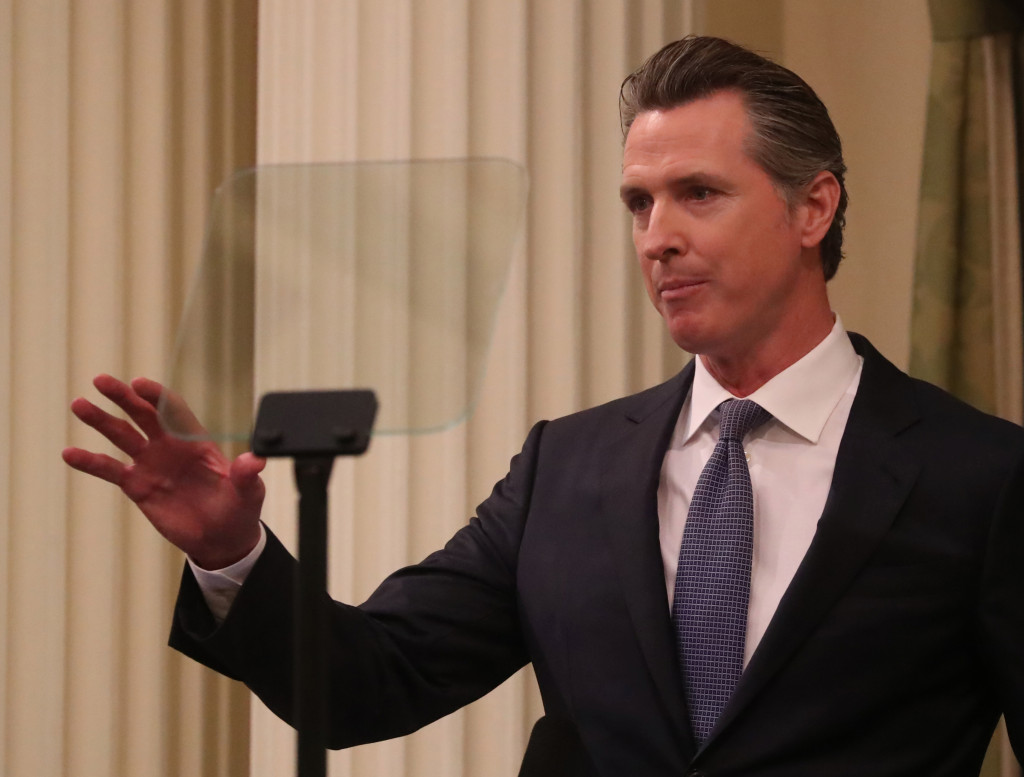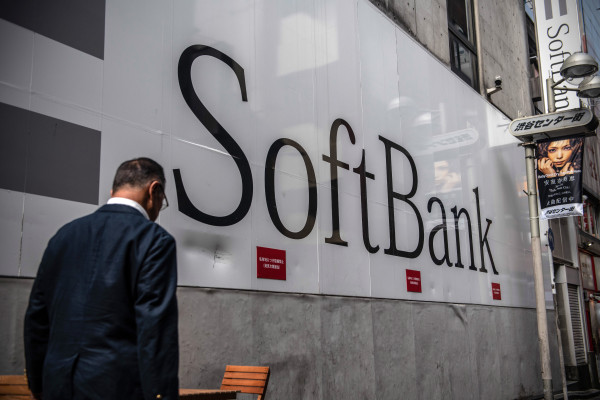California’s governor believes the state’s residents should be compensated for their personal data, which has enriched Facebook, Google and other companies that call the state home.
“California’s consumers should also be able to share in the wealth that is created from their data,” Gavin Newsom said in his first state of the state address this week.
![]() The governor said he has directed his staff to draft a proposal for a “data dividend,” an idea that has been championed by academics, advocacy groups and people such as Chris Hughes, co-founder of Facebook. In an op-ed in the Guardian last year, Hughes compared the value of data to the value of labor. He also cited Alaska’s Permanent Fund Dividend, which distributes an equal portion of a tax on oil companies among all the state’s residents, as a possible model for a data dividend.
The governor said he has directed his staff to draft a proposal for a “data dividend,” an idea that has been championed by academics, advocacy groups and people such as Chris Hughes, co-founder of Facebook. In an op-ed in the Guardian last year, Hughes compared the value of data to the value of labor. He also cited Alaska’s Permanent Fund Dividend, which distributes an equal portion of a tax on oil companies among all the state’s residents, as a possible model for a data dividend.
Details for a data dividend for Californians are still scarce, including which companies would be taxed and what data would be included. The governor’s team is working with legislators and national experts on the issue, said Jesse Melgar, a spokesman for Newsom’s office, Friday.
One group that’s working with Newsom’s office is Common Sense, which advocates for children and families on media and technology issues and helped pass California’s first-in-the-nation digital privacy law last year.
Common Sense CEO James Steyer said Friday that the San Francisco-based nonprofit is talking with Newsom’s office, legislators, tech experts and economists as it prepares to back the introduction of legislation for a data dividend.
“It’s not a minor concept,” Steyer said, adding that it could have national and global implications and that he was “heartened” the governor is taking up the idea.
While he couldn’t yet share specifics of legislation he said will be introduced in the next week or two — or the lawmakers involved — Steyer said it has two main elements: the idea that consumers own their data and how it’s used should be transparent, and creating a mechanism for monetization of that data.
How much is consumer data worth? One measure policymakers might consider is quarterly revenue divided by the number of monthly active users of companies like Facebook and Twitter. In the fourth quarter of 2018, Facebook reported $16.91 billion in sales, so each of Facebook’s 2.32 billion monthly active users was worth $7.35. Twitter’s revenue for the quarter was $909 million, so that works out to $2.83 for each of its 321 million monthly active users.
“We should not be sanctioning the trade-off of a person’s privacy for a fistful of dollars or a handful of pennies,” said Jeff Chester, executive director of Washington-based consumer advocacy group Center for Digital Democracy, on Friday.
“There’s no way really to easily identify a dollar amount about what you’re worth online,” he added. “The system is far-reaching, and it’s influenced and compounded by a multiplier effect.”
Chester said regulation is what’s needed to address the privacy and security issues surrounding the use of consumers’ data.










